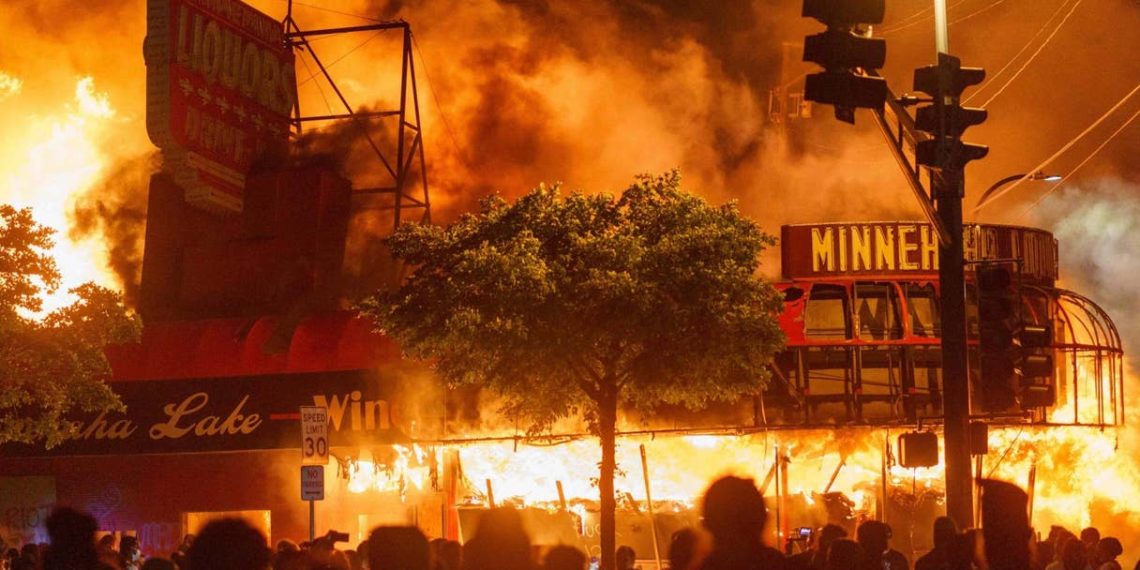Given the current circumstances, it seems valuable to revisit a post we did a half-decade ago when Baltimore went up in flames. The question then, as now, was whether or not the property destruction would likely be covered under one's insurance. Of course, it gets a bit more nuanced, as coverage will differ slightly by locale and policy form. I reached out to FoIB (and P&C Guru) Bill M, who reminded me that a key distinction lies with the difference between terrorism (generally excluded) and civil unrest (generally covered).
He also confirmed that coverage is likely under both homeowners and commercial lines policies. As he so often instructs us: look to the exclusions for the best answers.
And with that out of the way, here's what we wrote in '15, and which applies today, as well:
He also confirmed that coverage is likely under both homeowners and commercial lines policies. As he so often instructs us: look to the exclusions for the best answers.
And with that out of the way, here's what we wrote in '15, and which applies today, as well:
Homes, businesses and cars have been burned, looted and otherwise damaged, leaving owners wondering what, if any, insurance payments they can expect.
The Insurance Information Institute (III) has helpfully published a media advisory confirming that, generally speaking, such damage is considered a covered event, and claims will likely be honored:
"Auto, homeowners, and business insurance policies generally include coverage for property losses caused by riots and civil commotions, such as those occurring this week in Baltimore ... Standard business property insurance policies provide coverage for the structure of the building as well as the contents inside"
And for folks with Business Interruption coverage, "insurance reimburses losses when a covered peril forces a business to temporarily close its doors ... [and pays] employees and vendors, not to mention the rent and electric bills."
Whew!
As always, be sure to check with your own carrier to confirm whether or not these exposures are, in fact, covered.
As always, be sure to check with your own carrier to confirm whether or not these exposures are, in fact, covered.
from InsureBlog https://ift.tt/36Oerzj

No comments:
Post a Comment